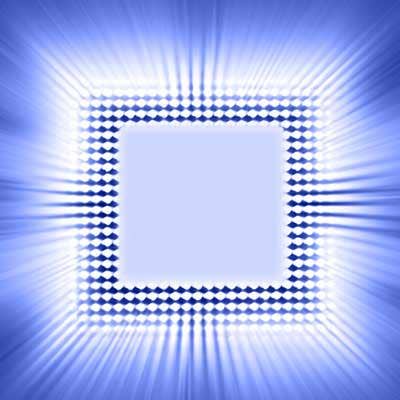5 Companies That Came To Win This Week

The Week Ending July 22
Topping this week's roundup of companies that came to win is EMC, whose plans to be acquired by Dell for more than $62 billion cleared a significant hurdle this week.
Also making the list were SoftBank, for its deal to acquire mobile chip designer ARM for $32 billion; Intel, for shipping its seventh-generation Kaby Lake microprocessor; security software developer ForeScout, for hiring a respected channel veteran to run its partner program; and a consortium of companies, including Symantec, Sprint and ARM, for their initiative to develop open-standard Internet of Things security protocols.
Not everyone in the IT industry was making smart moves this week, of course. For a rundown of companies that were unfortunate, unsuccessful or just didn't make good decisions, check out this week's Five Companies That Had A Rough Week roundup.

EMC Shareholders Decisively Approve Dell Merger
Dell's planned $62 billion acquisition of EMC moved a big step closer to completion this week when EMC stockholders voted to approve the deal. Ninety-eight percent of the cast votes, representing 74 percent of outstanding shares, voted in favor of the acquisition.
The vote at a special meeting Tuesday also approved "golden parachute" payments for several EMC executives, should they be terminated the day after the deal closes.
The only remaining hurdle for the merger, the largest in the history of the IT industry, is approval by Chinese anti-trust authorities. The companies expect to close the deal by the end of October, although it could occur sooner.

SoftBank To Buy Semiconductor Maker ARM In $32 Billion IoT Deal
Staying on the topic of mega-acquisitions, computer software company SoftBank this week struck a $32-billion deal to acquire mobile semiconductor design company ARM Holdings in a bold move to become a leader in the nascent Internet of Things industry.
Softbank will seek new "licensing wins and future royalty streams in new growth categories" for ARM's microprocessors, including "enterprise and embedded intelligence," the company said in a statement.
ARM's chip designs are most prevalent today in mobile devices and smartphones. But the company has been betting big on the Internet of Things by designing processors that can be used in the small gadgets and devices that are expected to make up much of the IoT world.

IT Vendors Launch Effort To Establish IoT Security Standards
One of the biggest hurdles to growth in the Internet of Things industry is concern over potential security vulnerabilities posed by having millions, even billions, of devices attached to the Internet.
This week a number of technology vendors, including ARM, Symantec and Sprint, banded together to develop software protocols to address IoT security challenges. The Open Trust Protocol, proposed to be an open standard, will provide secure architecture and code management to protect connected devices.
Solution providers applauded the effort, saying that if the standard were to be widely adopted, it could go a long way to building trust among customers who are concerned about IoT security.

ForeScout Names Partner Favorite As New Global Channel Chief
Security software developer ForeScout Technologies this week named Todd DeBell to be its vice president of worldwide channel sales. DeBell joins ForeScout from FireMon, where he was vice president of worldwide channel sales and distribution.
DeBell told CRN he moved to ForeScout because of what he described as the huge opportunities for partners around the company's Internet of Things security technology.
Solution providers hailed DeBell's hiring as a coup for ForeScout. And given that ForeScout's top channel chief post has been something of a revolving door this year – DeBell is the company's third channel chief this year – his hiring could bring stability and momentum to the company's channel efforts.

Intel Starts Shipping Seventh-Generation Kaby Lake Processors
Intel reminded everyone of its technological prowess this week when CEO Brian Krzanich said the chip maker has begun shipping its seventh-generation Core microprocessor, dubbed Kaby Lake, to device manufacturer partners.
Kaby Lake, like its predecessor, Skylake, is manufactured using a 14-nanometer transistor process and provides a significant performance boost, according to the CEO.
The processor is expected to especially provide improved performance in 3-D graphics and 4K video playback systems.